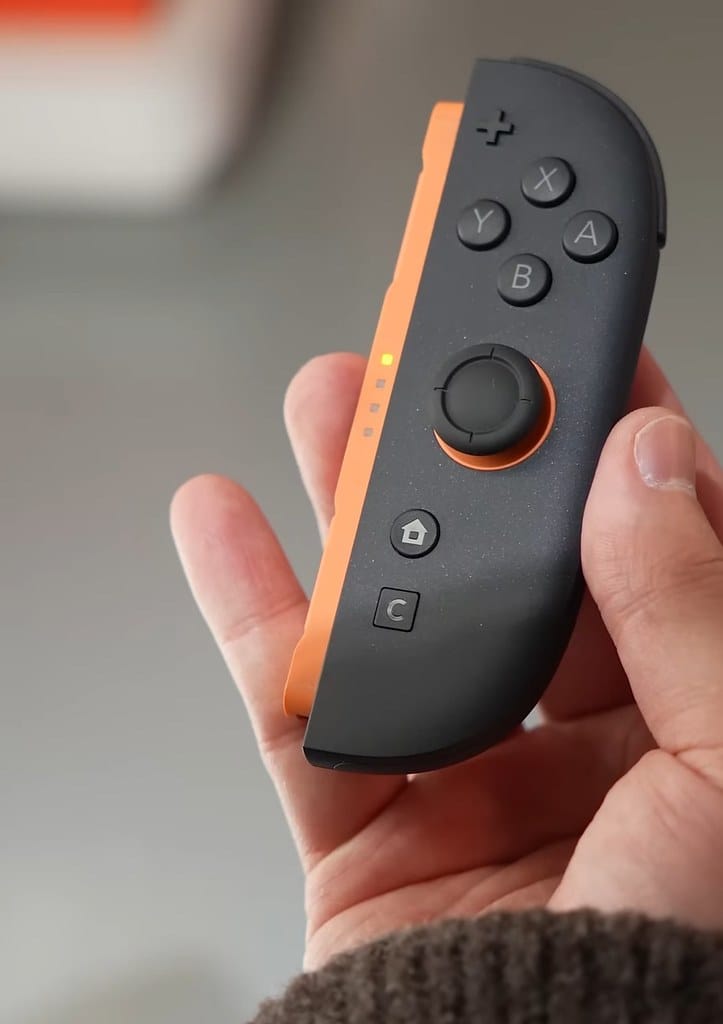Nintendo's Switch 2 Crackdown: Users Face Console Bans for Running Game Backups
Nintendo appears to be taking an aggressive stance against homebrew and backup usage on its upcoming Switch 2 console, with early adopters reporting permanent online bans after attempting to run personal game backups on their devices.
The Situation Unfolds
Multiple users across gaming forums and social media platforms have reported receiving console-level bans from Nintendo's online services after attempting to load what they describe as "personal backups" of their legitimately owned games. These bans effectively lock users out of all online features, including multiplayer gaming, the eShop, and cloud saves.
The reports suggest that Nintendo has implemented sophisticated detection mechanisms in the Switch 2's operating system that can identify when unofficial software or modified game files are being run, even when the console isn't connected to the internet at the time.
How Nintendo's New Security Works
Enhanced Detection Systems
According to technical analysis from homebrew communities, the Switch 2 employs several new security measures:
- Telemetry Collection: The console logs all software activity, including checksums of loaded files
- Delayed Reporting: Ban waves appear to occur when users eventually connect online, even days after running backups
- Hardware-Level Tracking: Some reports indicate the console's unique identifier is permanently flagged
The Backup Controversy
The term "backup" in gaming communities often refers to digital copies of games that users claim to own physically. However, the legality and ethics of such practices remain contentious:
- Legal Gray Area: While some jurisdictions allow personal backups, distributing or downloading them typically violates copyright law
- Piracy Concerns: Nintendo has historically argued that backup loaders primarily facilitate piracy
- Preservation Arguments: Advocates claim backups are essential for game preservation and protecting expensive physical media
Community Response and Impact
User Reactions
The gaming community's response has been mixed, with reactions ranging from support for Nintendo's anti-piracy measures to criticism of the company's heavy-handed approach:
"I just wanted to play my games from a single SD card without swapping cartridges constantly," reported one affected user on Reddit. "Now my $400 console is basically offline-only forever."
Financial Implications
For affected users, the consequences are significant:
- Loss of access to digital game libraries
- Inability to play popular online titles like Splatoon 3 or Mario Kart
- No access to system updates or new features
- Potential loss of cloud save data
Nintendo's Historical Stance
This aggressive approach aligns with Nintendo's long-standing position on homebrew and piracy:
Previous Console Generations
- 3DS Era: Nintendo issued waves of bans for custom firmware users
- Original Switch: The company patched exploits aggressively and banned modified consoles
- Legal Actions: Nintendo has pursued legal action against prominent homebrew developers and ROM sites
Business Perspective
From Nintendo's viewpoint, these measures protect:
- Software sales and developer revenues
- Online gaming integrity
- Platform security and user safety
- Intellectual property rights
What This Means for Switch 2 Owners
Recommendations for Users
For those who have purchased or plan to purchase a Switch 2:
- Avoid Unofficial Software: Any use of homebrew, custom firmware, or backup loaders risks permanent bans
- Understand the Risks: Console bans are typically permanent and non-reversible
- Consider Offline Use: If you must use homebrew, consider keeping a separate console permanently offline
- Official Channels Only: Stick to official game purchases through the eShop or physical retailers
The Broader Implications
This situation highlights the ongoing tension between consumer rights and corporate control in modern gaming:
- Digital Ownership: Questions about what users truly "own" when purchasing games
- Right to Repair: The debate over modifying hardware you've purchased
- Preservation Concerns: How to maintain access to games as official servers shut down
Looking Forward
As the Switch 2's launch continues, this early controversy sets a clear tone for Nintendo's approach to system security. While the company's stance may deter piracy, it also raises questions about consumer rights and the future of game preservation.
For now, Switch 2 owners must weigh the risks carefully: is the convenience of running backups worth potentially losing all online functionality? As one affected user summarized: "Nintendo's made their position crystal clear – it's their way or the highway."
The gaming community will be watching closely to see if Nintendo maintains this hardline stance or if user feedback might lead to a more balanced approach in the future.
SEO Excerpt: Nintendo Switch 2 users report receiving permanent online console bans after attempting to run game backups, sparking debate over digital rights, piracy prevention, and the future of game preservation on Nintendo's latest hardware.
SEO Tags: Nintendo Switch 2, console bans, game backups, homebrew, Nintendo online services, gaming piracy, digital rights, game preservation, Switch 2 security, Nintendo ban wave
Suggested Illustrations:
- Header Image - Placement: After headline
- Description: Switch 2 console with a red warning symbol overlay
- Generation prompt: "Modern gaming console similar to Nintendo Switch with OLED screen displaying a red ban warning symbol, dramatic lighting, photorealistic style"
- Infographic - Placement: After "How Nintendo's New Security Works"
- Description: Flowchart showing how the ban system works
- Generation prompt: "Clean infographic showing data flow from game console to server with security checkpoints, modern flat design, blue and red color scheme"
- Screenshot Mockup - Placement: In "Community Response" section
- Description: Simulated error message showing online services ban
- Generation prompt: "Gaming console screen showing error message 'This console has been restricted from Nintendo's online services' with error code, dark interface design"
Target Audience: Gaming enthusiasts, Nintendo Switch owners, technology news readers, homebrew community members, and consumers interested in digital rights and gaming industry practices.
